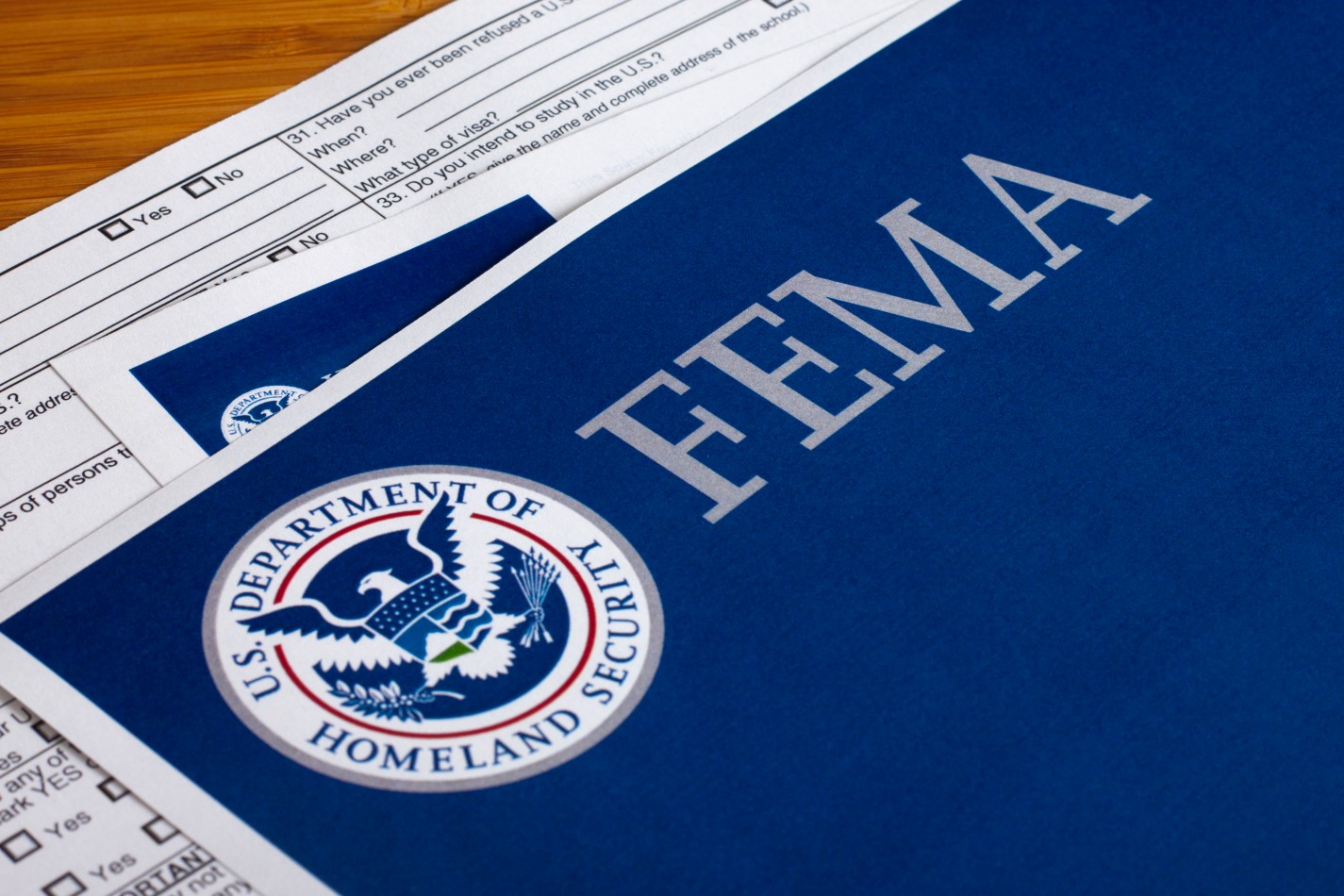
Heavy Rain, Flooding, and Chance of Severe Weather Staring Down the Southern U.S.
January 22, 2024
Posted: October 4, 2022 1:34 pm





With several Florida homes destroyed by Hurricane Ian, many residents are applying for FEMA relief. Unfortunately, there are scammers trying to take advantage of the crisis. Use this quick guide to learn more about current FEMA scams and how to protect yourself as a disaster survivor.
There are several forms of fraud disaster survivors need to be aware of. Con artists often try to steal personal information from disaster survivors to make fraudulent claims to FEMA. They may even pose as someone trying to help you to collect your name, address, social security number, banking information, or other personal details.
Scammers often pose as FEMA Inspectors. If you did not submit an application for FEMA disaster relief, but someone visited your home, it could be a sign that you are being scammed.
Before giving the Inspector any personal information, check their official identification badge. All FEMA representatives carry an identification badge with a photo. Then, inform them that you did not apply for FEMA assistance. FEMA Inspectors will never visit your home without you contacting them. If they do, a scammer could have fraudulently used your information. If the FEMA Inspector is legit, they will submit a request to stop processing the application.
Did you receive a FEMA letter explaining the status of your application or requesting additional information? If you didn’t apply for FEMA assistance, contact the FEMA Helpline at 800-621-3362. A representative will help you submit a request to stop processing.
Just because you need to stop an application from being processed doesn’t mean you forfeit the right to apply for disaster relief funds. After calling the FEMA Helpline or talking to a FEMA Inspector, you can create a new application in your name.
Unfortunately, there have been several reports of Hurricane Ian FEMA relief fraud. Here are some safety tips to help you stay safe.
Remember, if something doesn’t feel right about your interaction with a FEMA employee or a document you received, you can always contact the Helpline and ask questions.
If you believe you were the victim of FEMA relief fraud or noticed the signs of a potential scam, it needs to be reported right away. Contact your local police or sheriff’s department and provide them with all of the details.
You can also report the scam by contacting the Office of the Attorney General at 1-866-9-NO-SCAM (1-866-966-7226) or by visiting the Attorney General’s online scam report at myfloridalegal.com.
If someone used your information to file a fraudulent FEMA application or you suspect a scam involving FEMA, you can report it directly to StopFEMAFraud@fema.dhs.gov. You can also reach the FEMA Fraud and Internal Investigation Division by writing to 400 C Street SW Mail Stop 3005, Washington, DC 20472-3005. If there are any documents you would like to scan and send to the department, their fax number is (202) 212-4926.
Identity theft victims can access additional resources on IdentityTheft.gov and the Federal Trade Commission’s website.
Unfortunately, there are always scammers trying to take advantage of disasters. If you notice suspicious behavior or need to apply for Hurricane Ian FEMA assistance, contact the FEMA Helpline at 800-621-3362.

January 21, 2024

January 19, 2024

January 18, 2024